
OR
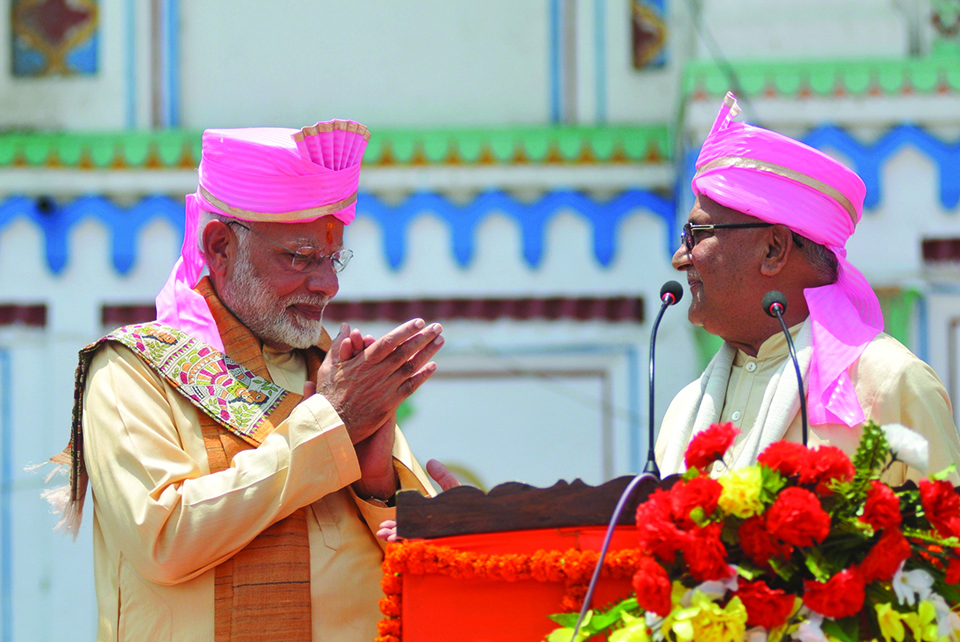
Pandering to the masses by playing divisive politics is a cheap way of gaining publicity. Playing victim card forever is no solution to Madhes
The ripples created by Indian Prime Minister Narendra Modi’s Nepal visit will be felt for some time. Though the visit was essentially political, its cultural significance cannot be understated. The chanting of ‘Jai Siya Ram’, a generous donation to Janaki temple and visit to Pashupatinath and Muktinath will certainly bolster his image as a Hindu nationalist back home, while also signaling brethrens in Nepal to go in a revivalism mode. If Modi is elected in 2019, some intellectuals in India believe, he may take it as a mandate to tamper with the ‘secular’ nature of India’s constitution while also pressuring Nepal to follow suit.
If the visit was intended to build trust gap with Nepal that had widened in the wake of Indian blockade, it may have been successful at political level. But at people’s level, India still represents a tinderbox that can be ignited at will by interest groups to gain political mileage. Few controversies that emerged during Modi’s visit are worth analyzing.
Raut’s rant
The intensity with which Chief Minister of Province 2 Lal Babu Raut called the constitution “discriminatory,” much to the joy of uproarious crowd, belied his image as an affable leader. Even before his speech, the wily-self in Raut must have known that despite attracting ire of national media, he would be valorized by most Madhesis, who form his constituency for taking a firm stand. Such is the gulf between the hills and the plains that for every action in hill there is an opposite reaction in the plains and vice versa.
Raut’s calling the constitution discriminatory should not come as a surprise because his party campaigned on the same plank all along and successfully stopped Left Alliance electoral juggernaut in Province 2. That he did so in the presence of Modi made his pronouncements inappropriate. Before getting into the prickly issues of morality, it is worth viewing his speech from the perspective of a common Madhesi whose concerns he is supposed to raise.
His speech reflected a sense of alienation and disillusionment Madhesis generally feel with the system. The structural discrimination, use of coercive methods to silence them and questions over their loyalty to the nation are serious issues that force them to ponder about their relationship with Nepal. The indignity of living on the generosity doled by the dominant group, while having to conform to the standards set by them worries Madhesis. Seen in this context, Raut’s outburst questioning the oblique motive of the state to unfairly carve provincial boundaries so as to deprive Province 2 of valuable natural resources, thereby forcing them to live eternally at the mercy of the centre, is perfectly valid.
Media criticism on Raut’s intemperate remark may seem fair but is duplicitous. Nepali media with its inherently biased nature conveniently chooses to be selectively amnesiac when it suits its agenda. Nepal has a long history of soliciting Indian advice and arbitration on what should have been purely domestic matters. It is a mere cliché to remind that India’s active interference was sought by Nepali leaders from ‘Delhi compromise’ to ‘Comprehensive Peace Accord’ and after.
For those seeking moral high ground by tarnishing Raut, it is worth reminding that even during the ‘blockade’, then government under Prime Minister Oli had built its nationalistic credentials on anti-India plank. Instead of talking to the agitating Madhesis, the government ironically made the first amendment by negotiating with India when Kamal Thapa, then deputy PM, submitted three-point paper to Modi to assuage India’s concerns. This is one example of many such transgressions. This event, while being dismissive of Madhesi’s struggle, virtually made Modi appear like a guardian. In such a situation, it is natural for Madhesis to be cynical of the current government’s intent.
Having said that it is important to emphasize that Raut could have done away with the baggage of wrong historical precedents. His hands are already full. As the head of one of the poorest provinces, he will have to pull a miracle to lift people from poverty and deprivation. Courting unnecessary controversies and taking confrontational stand against the centre will do more harm than good. Pandering to the masses by playing divisive politics is a cheap way of gaining publicity. Playing victim card forever is no solution to Madhes.
Sans sorry
I was filled with excitement as much about prospect of Modi’s Nepal visit as PM Oli’s Janakpur visit. The naïve in me believed both the PMs would at least once talk of those horrendous times and express some remorse at the citadel of Madhes movement for their respective crimes committed against humanity. The brutal suppression of the Madhes protests where the state’s coercive apparatus killed about 60 Madhesis was as much a crime as the blockade with India’s tacit support. Both scarred the nation’s psyche. A timely remorse would act as a balm to us while salvaging their reputation at least partially. But power politics is not about morals, ethics and naïve assumptions of a common man.
On Modi’s part, forget remorse, there was no formal acknowledgement about India’s muscular diplomacy, despite hashtags and trolls. By refusing to accept formally, he in one way, refused to take the entire blame for India’s diplomatic adventurism. This will hopefully put to rest the notion that ‘blockade’ was India’s doing alone, while giving clean chit to the government of Nepal and Madhesis.
The grand narrative constructed so assiduously by the media and propagated vociferously will at best remain a contested narrative. It may take the form of high theory in Nepal’s history, where the event will be used to valorize Nepali national unity that finally prevailed over India’s high-handedness. But the counter narrative of Madhesi struggle will ensure it remains contested. The artificial diminution of the struggle and sacrifices of Madhesis for just cause to a dual between Nepal and India is just another tendentious narrative forced upon people.
Anti-India narrative
It has been proved beyond doubt that nationalistic rhetoric built on anti-India narrative will always remain fragile and prone to expropriation by other elements. When Bibeksheel Sajha Party members creatively protested against Modi, PM Oli was left with little choice but to go on offence. Going extra length to woo Modi by donning Kurta of the same color as Modi, even though the Dhaka topi did not go well with the attire and the latter tweeting in Gujrati, clearly exposed the hollowness of the nationalist rhetoric.
Our eternal fixity with India lies in the history of occasional subversion of our political independence by the latter, thus creating an attitudinal climate of hostility that propels us to act viscerally. The obsession with India varies from slavish imitation on one hand to resolute hostility on the other. As Professor Amartya Sen puts it, “the dialectics of a colonized mind includes both admiration and disaffection.” PM Oli’s imitation of attire and the reaction of the disgruntled Kathmanduites represent just this.
The author is a lecturer based in Rajbiraj
Twitter: @manjeetmishra82
You May Like This
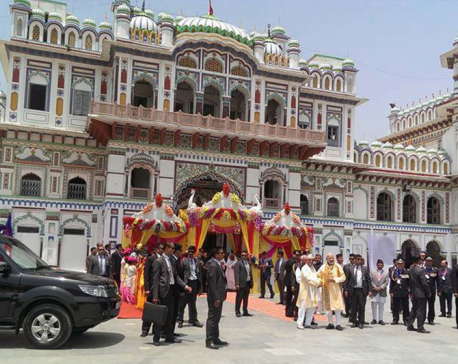
PM Modi arrives in Janakpur
KATHMANDU, May 11: Indian Prime Minister Narendra Modi has arrived in Janakpur today for a two-day official visit to Nepal. Read More...

Indian PM Modi congratulates Oli, invites for India visit
KATHMANDU Feb 16: Indian Prime Minister Narendra Modi has extended congratulation and best wishes to Nepal's newly appointed Prime Minister... Read More...
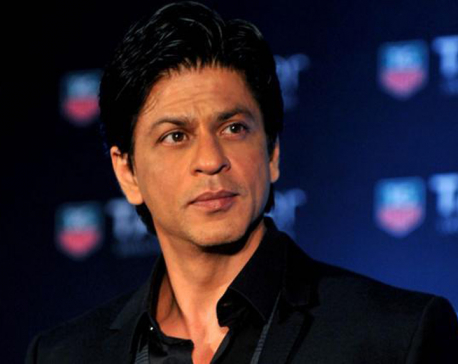
SRK lauds PM Modi to abolish Rs 500, Rs 1000 currency
Superstar Shah Rukh Khan has lauded Prime Minister Narendra Modi's decision to abolish Rs 500 and Rs 1000 currency in war against black... Read More...

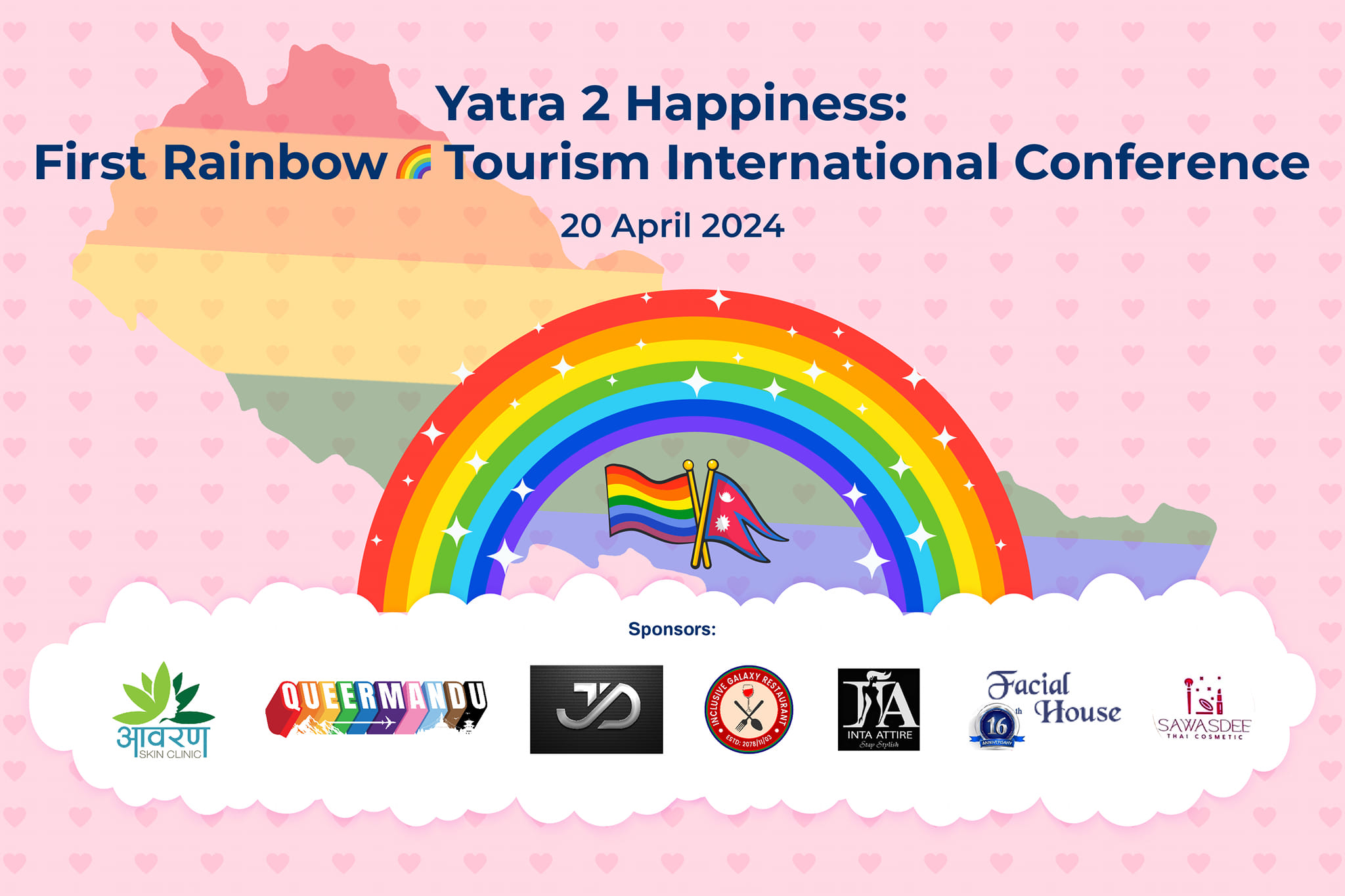
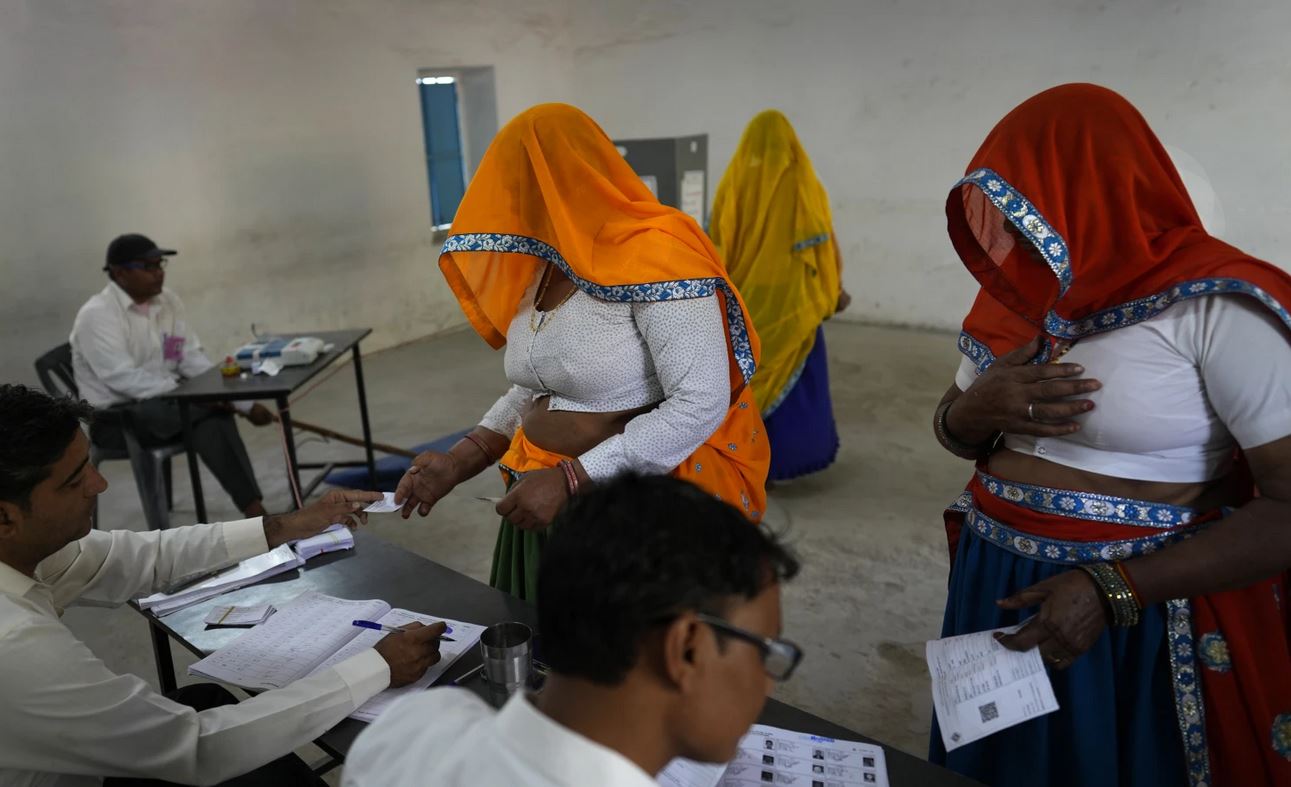

Just In
- Rainbow tourism int'l conference kicks off
- Over 200,000 devotees throng Maha Kumbha Mela at Barahakshetra
- Indians vote in the first phase of the world’s largest election as Modi seeks a third term
- Kushal Dixit selected for London Marathon
- Nepal faces Hong Kong today for ACC Emerging Teams Asia Cup
- 286 new industries registered in Nepal in first nine months of current FY, attracting Rs 165 billion investment
- UML's National Convention Representatives Council meeting today
- Gandaki Province CM assigns ministerial portfolios to Hari Bahadur Chuman and Deepak Manange







_20220508065243.jpg)



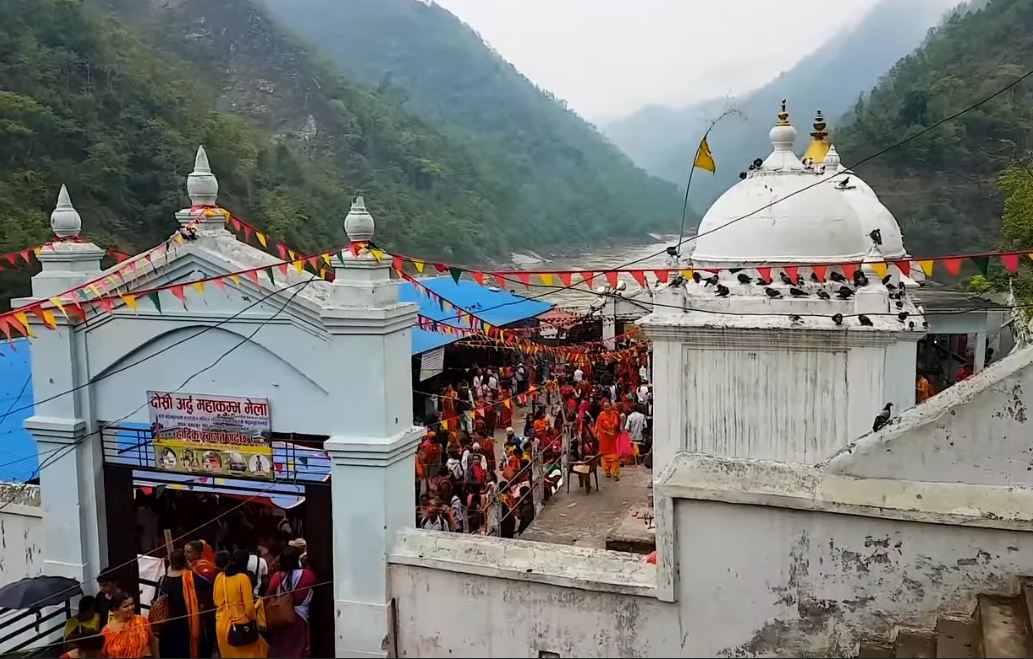




Leave A Comment